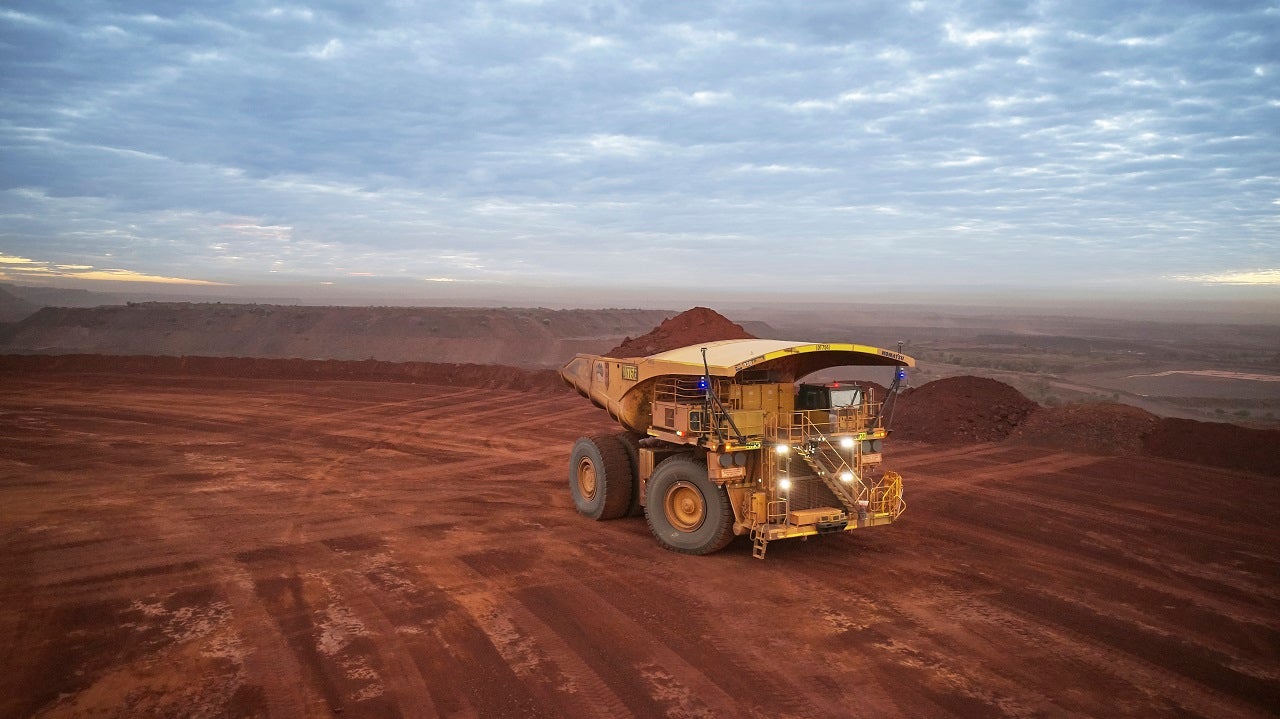
Australian iron ore firm Fortescue Metals Group has signed an agreement with Williams Advanced Engineering (WAE) to build a zero-emission battery electric haul truck for mining operations.
The deal allows the partners to design, build, and test a battery system, which will have the ability to regenerate power as the truck travels downhill.
After the battery is built at WAE’s facility in Grove, Oxfordshire, UK, it will be shipped for integration into a 240-tonne prototype haul truck.
The haul truck will undergo performance testing at Fortescue’s mining operations in the Pilbara, Western Australia.
The company has integrated operations in the Pilbara, including the Chichester and Solomon mining hubs and the Western Hub, which is under development.
Fortescue said that the deal marks an important first step towards its mission to decarbonise its mining haul fleet.
Williams Advanced Engineering managing director Craig Wilson said: “We are delighted to be working with Fortescue on this pioneering project that will help enable their future decarbonisation strategy, contributing to a reduction of carbon emissions in the heavy-duty mining sector.”
The partners will also build a fast charging unit to support the full implementation of a battery-electric haulage fleet.
WAE said that the fast charging unit will be able to harness renewable energy from Fortescue’s Pilbara Energy Connect network.
Fortescue CEO Elizabeth Gaines said: “Climate change is one of the most pressing issues facing the planet and Fortescue is committed to tackling this challenge head on through our industry leading target to achieve net zero operational emissions by 2040.
“This includes a 26 per cent reduction in Scope 1 and 2 emissions from existing operations from 2020 levels by 2030. With around a quarter of these emissions attributed to our mobile haul fleet, this represents a significant opportunity to drive our pathway to being diesel free.”



